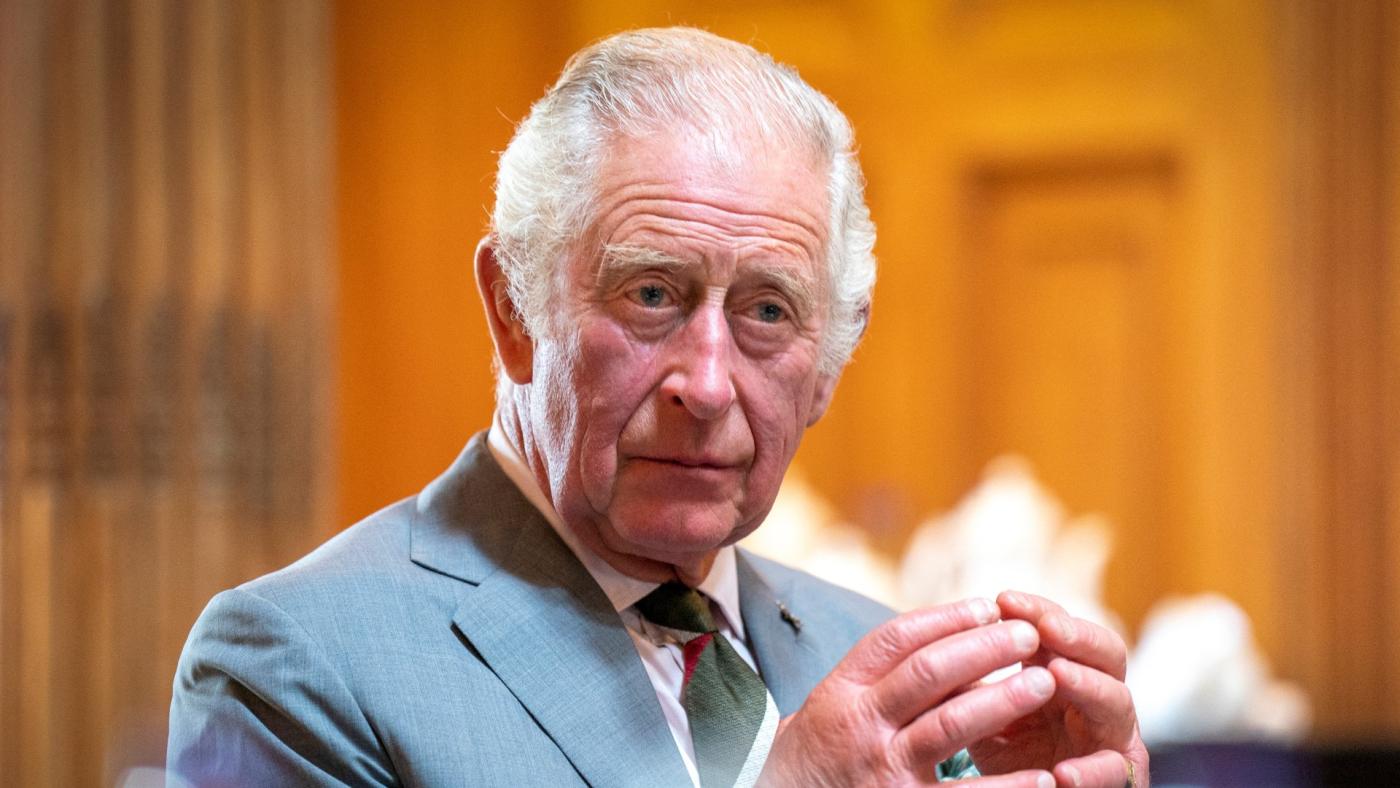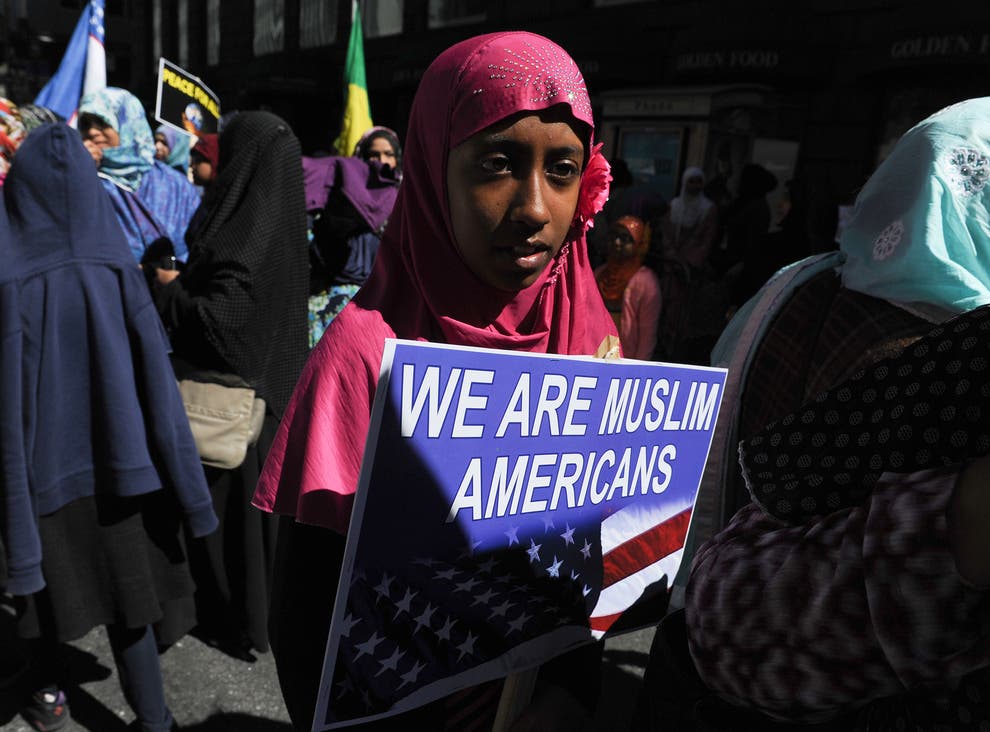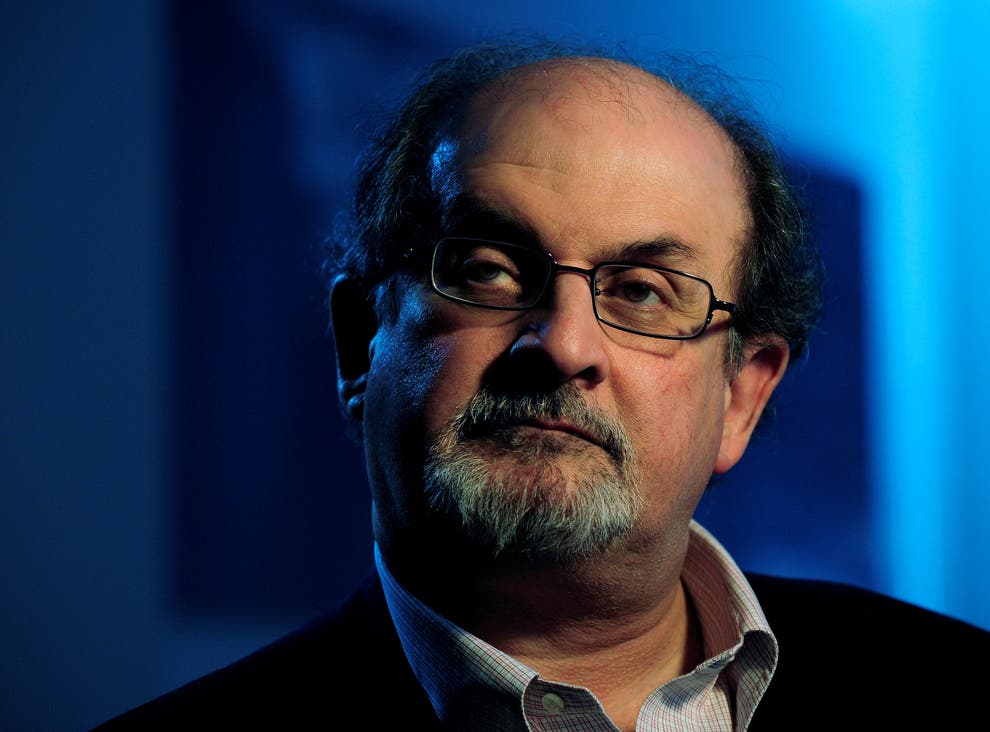The Council on American-Islamic Relations (CAIR), the United State’s largest Muslim civil rights organisation, has condemned the decision by the U.S. Supreme Court to overturn a stay on the execution of a Muslim inmate Dominique Ray, granted by the 11th US Circuit Court of Appeal.
Ray, who was sentenced to death in 1999 after the rape and murder of a teenage girl in Alabama and believed to have become Muslim whilst in prison, argued that his religious rights were violated because his request to have an imam at his side at his execution was rejected. Current Alabama policy is to have a Christian Chaplain present in the room. When Ray’s legal team petitioned the court in late January to have an imam present, the State argued that anyone present in the room when executions take place must be department of corrections employees for security reasons, and only offered to have the execution without any religious figure present. In response, Ray’s team argued that the imam frequently visits 10 death row inmates and has passed security checks. Though the 11th Circuit Court of Appeals granted a stay of the execution, the execution took place on Thursday February 3rd, after the stay was lifted by the Supreme Court in a 5-4 vote, after stating that Ray had waited too long to make the request.
Ali Massoud, government affairs coordinator for CAIR-Alabama, called the decision “a profound threat to the First Amendment. It is disturbing that the Supreme Court’s procedural ruling elevated finality of the judicial process over the U.S. Constitution”. David Gespass, CAIR-Alabama’s board chair, warns that such a ruling would negatively impact not just Muslims but anyone “whose religion is different from that of the prison’s Christian chaplain.”
Other criticism has also picked upon the fact that this is a decision that marginalises and affects those who are not of the majority Christian faith in the United States. Spencer Hahn, Ray’s lawyer, said he was “beyond appalled at the willingness of…the State of Alabama to treat a human being differently because he was part of a religious minority.”
Eric Lewis, writing in the Independent, points out that this comes at at time of heightened discussion around religious rights taking place in the United States, with the Supreme Court ‘in the process of enshrining religion as a kind of “super right” that takes precedence over other well-recognised rights”. This is in the context of discussions around abortion, school prayer, and the Supreme Court case of the cake bakers in Colorado who the Court ruled had the right of religious freedom to refuse to bake a cake for a gay couple. Lewis states all these discussions were based on religious freedom, but, he argues, “no such protection of religious freedom was extended to Dominique Ray”.
Sources
https://edition.cnn.com/2019/02/07/us/alabama-death-row-inmate-supreme-court/index.html






